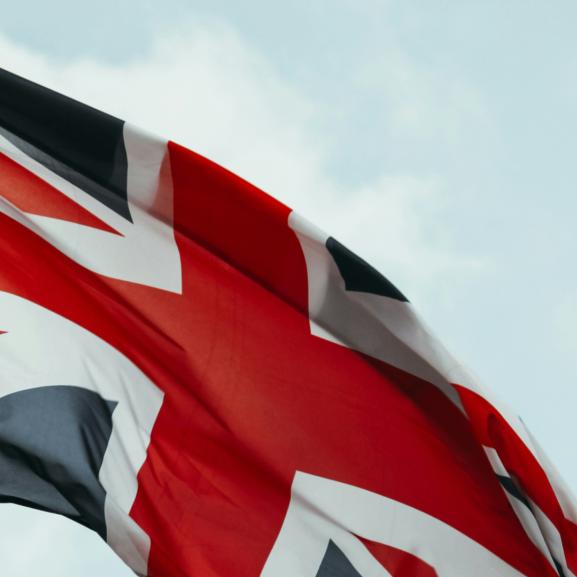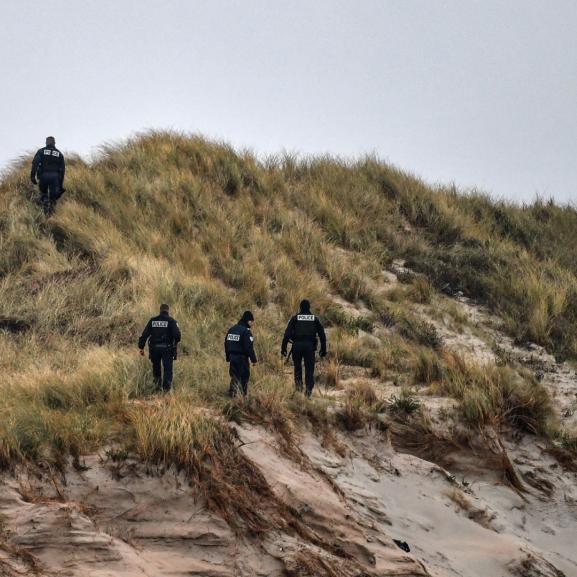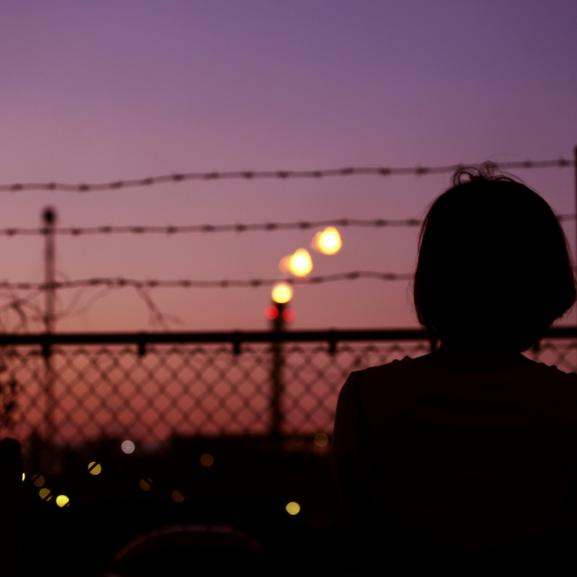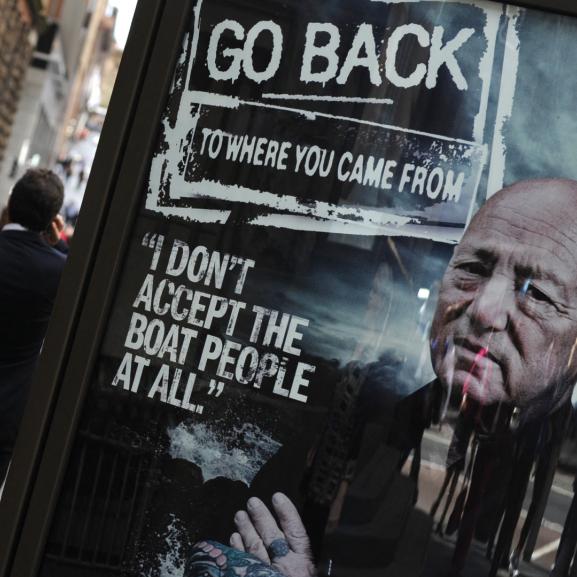Black Lives Matter: Freedom from Torture statement
George Floyd was tortured to death, because he was black.
He died because of structural racism in America, rooted in slavery and fomented by President Trump who incites racial hatred, encourages police brutality and openly promotes torture.
This is not just America’s problem.
For 35 years, Freedom from Torture has borne witness to torture linked to racist oppression in many countries and we have helped many thousands of survivors to rebuild their lives and find their voice again.
We are gravely concerned about the rise of hate and normalisation of extremist views in the context of populist authoritarianism sweeping the world right now. Values our parents and grandparents fought for over decades – equality, respect for human dignity and tolerance – are threatened, including in liberal democracies such as the US and here in the UK. The very concept of human rights is under attack.
The murder of George Floyd under the knee of an American police officer – a state actor acting with impunity, applying persistent deliberate force intentionally inflicting severe pain and suffering which led to his death – and the uprising that followed, have brought all of these issues into sharp relief for us at Freedom from Torture.
As a human rights organisation, we stand strongly against racism in all its forms: direct and indirect, intentional or otherwise.
We recognise that people from minoritised racial groups suffer disproportionately from state violence and injustice, and we stand with survivors and anti-racism activists across the world demanding justice and sweeping social and institutional change.
As an organisation that works with torture survivors seeking asylum in the UK, we also see how racism fuels public hostility to refugees in this country and how this is embedded in our political systems and policies.
In our Safe Place campaign and collaborative Lessons Not Learned report last year we called out the politics of hate and anti-immigrant sentiment, and British politicians who stoke it.
We spoke out robustly and publicly about the evidence of institutional racism at the Home Office found by Wendy Williams in her Lessons Learned Review, which Freedom from Torture fed into. We continue to press the Home Office on the “institutional ignorance and thoughtlessness towards the issue of race” uncovered by Williams and to engage with the department on culture change. We are calling for urgent action to protect Black, Asian and minority ethnic people (BAME) at greater risk of infection from COVID-19 because of living situations the Home Office places them in, and greater risk of death because of preventable health inequalities.
But there is more we can and should do. This is a moment for us to listen to survivors of state brutality and the Black Lives Matter movement, to show our solidarity publicly and to sharpen our analysis of structural racism as a driver for torture and other forms of state violence and the inhumane treatment of those who flee here seeking safety.
There are deeper discussions for us to join about how structural inequality plays out in our own organisation and sector and what we can do to help redress this. As well as providing a springboard for survivor activism, we are moving towards co-production of our services, and for stronger survivor voices in our governance and management.
This is a crucial moment. It is time to deliver justice to victims and survivors everywhere of state brutality and racist systems leading to serious harm or death, including those who have died in immigration detention or been forced back on planes to face torture or death. It is time to do justice to the Windrush generation. It is time to do justice to all those who have spent years languishing in Britain’s asylum system, unable to work or rebuild their lives, forced to prove their victimhood over and over again because the state refuses to accept their evidence of oppression and ill-treatment.
At Freedom from Torture, we have a strong history of calling out injustice. But we must do more. One statement does not fix this. The novelist Ralph Ellison said that “some things are just too unjust for words”. So we call for action. It is time for the British government to show leadership and stand up to human rights abusers, even when they are allies or trading partners. And it must take concrete steps to address both structural and cultural problems in the Home Office and beyond that have let Black people down time and time again.






